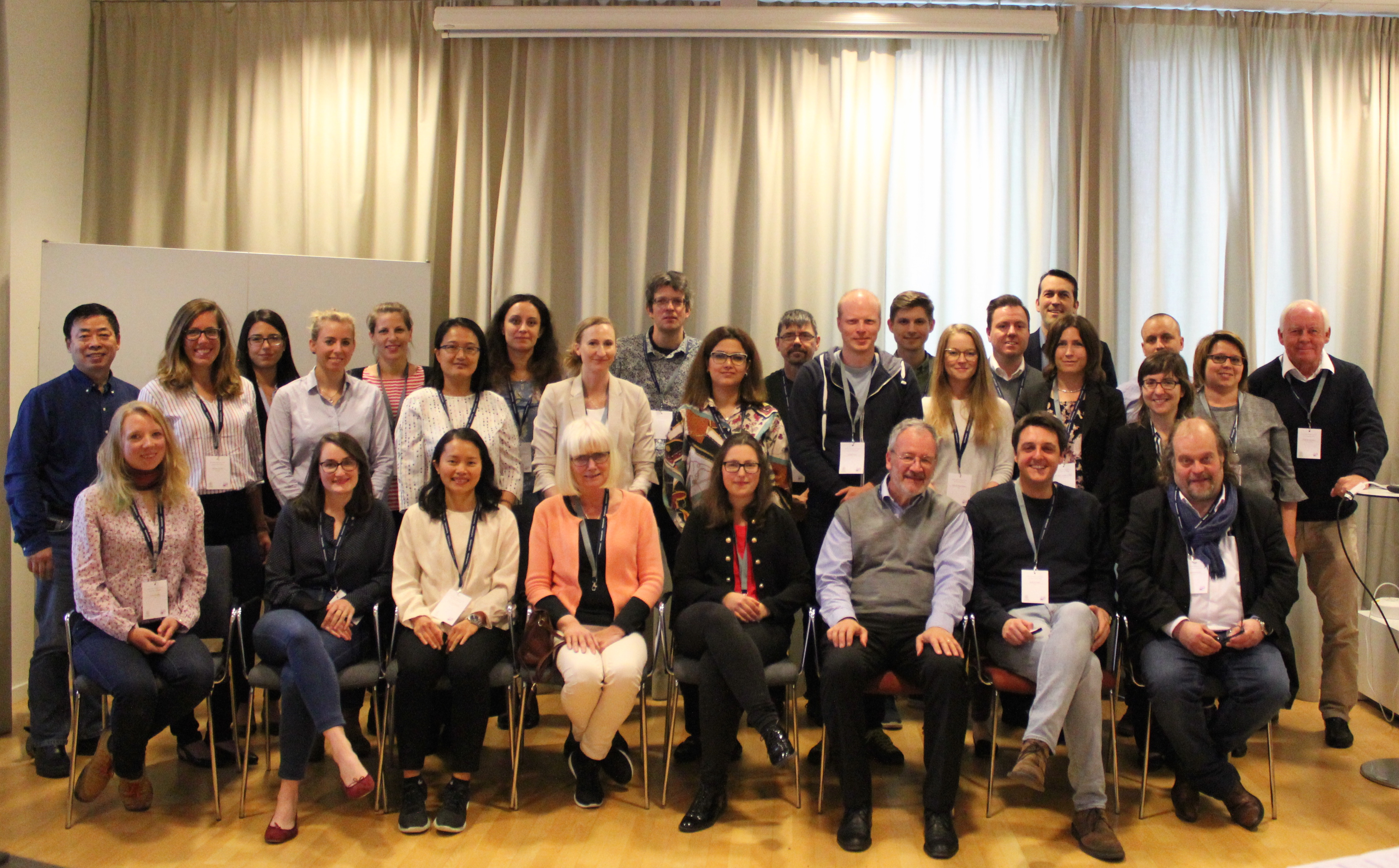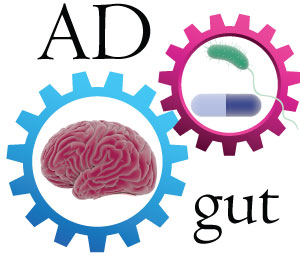Alzheimer Disease – gut connection
Why are some people predisposed to Alzheimer's? A consortium of researchers has recently identified some unexpected and promising leads in the quest to understand the relationship between our intestinal bacteria and Alzheimer’s. They are analyzing the body’s microbiome – the microorganisms in our digestive tract – and how it is regulated. Determining the composition and functioning of the microbiome will help them identify risk factors, develop a new diagnostic tool and maybe even come up with a way to delay the onset of this neurodegenerative disorder.
The consortium is looking at what happens when probiotics are used to regulate the microbiome and how they may affect the progression of the disease. This approach will also be applied to developing a new diagnostic tool for Alzheimer’s.
The project, called AD-gut, will be coordinated by EPFL. The team lead by EPFL: Professors Aleksandra Radenovic, Dimitri Van de Ville and Theo Lasser will also work on developing various imaging techniques in order to decipher the microbiome along with theranostic methods aimed at revealing the beneficial effects of probiotics. The following European researchers are bringing their team’s skills to the project: Johan Hofkens (University of Leuven, Belgium), Tanja Weil (Max Planck Institute, Germany), Andrew Macpherson (University of Bern, Switzerland), Frida Fåk (Lund University, Sweden) and Jeroen Raes (VIB, Belgium).
We specifically address four challenges in view of establishing our concept as a future prevention and therapy of AD:
Probiotic cocktails
Targeting the gut microbiota with a specific delivery of probiotic cocktail into the gut. Optimizing such a probiotic cocktail remains a challenge but offers a promising minimal invasive preventive and therapeutic approach.
Brain imaging
Biochemistry and immunohistological assays together with longitudinal brain imaging ensure pre-clinical quality read outs and additional controls for the probiotic efficacy.
DNA mapping
We suggest a novel and complementary high through- bar-code reading concept offering a fast and low-cost instrumentation for profiling the microbiota as well as the probiotic-induced alterations.
AD-gut therapy
Preparing a “go to business” concept providing an “AD-gut” therapy and prevention.





